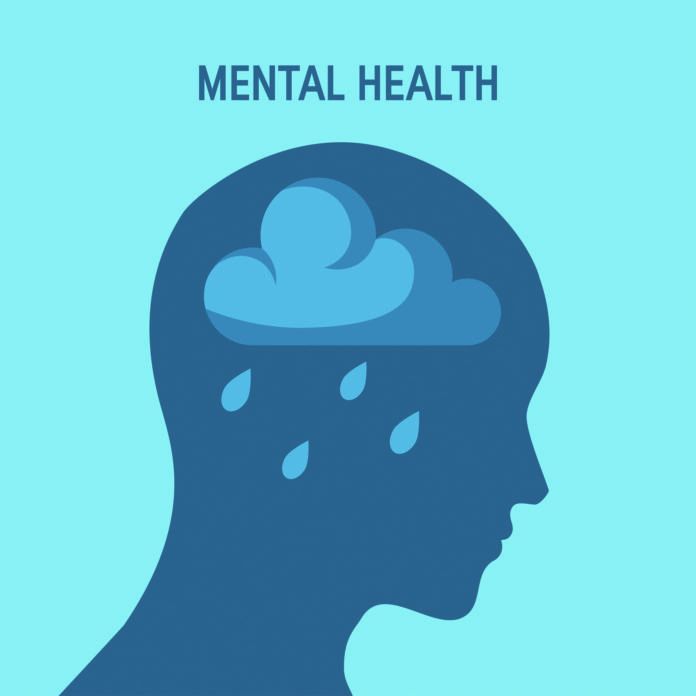Evidence on the effectiveness of specific supplements for the treatment of depression is mixed, according to Robin Kanarek, PhD, John Wade Professor, Emerita, at Tufts University. “There are no consistent results in the literature regarding the effectiveness of dietary supplements for treating depression,” Kanarek says.
Depression—the number one cause of disability worldwide— is a common mood disorder that causes feelings of sadness often accompanied by loss of interest in activities one once enjoyed. Whether symptoms are mild or serious, depression is treatable. Conventional treatment combines antidepressant medication with counseling or psychotherapy. Many people with depression turn to alternative remedies like dietary supplements, alone or in conjunction with traditional treatment. Rising incidence of depression worldwide has helped fuel a multibillion-dollar dietary supplement industry.
Supplements are not regulated by the Food and Drug Administration, which means the quality and ingredients can vary. Manufacturers don’t have to prove product consistency or purity of ingredients, and the dosage listed on labels may not reflect actual concentrations of ingredients.
“It’s a real problem that they’re not regulated,” says Kanarek. “Supplements from different companies may have the same name on the label, but what’s in a bottle can be different from one company to another, or even from one batch to another,” she says. Some supplements may interfere with prescription medications. St. John’s Wort, an herbal supplement popular for attempting to combat depressive symptoms, interacts negatively (and sometimes dangerously) with many medications, including some antidepressants, the anti-anxiety medication Xanax, birth control pills, and the heart medicine Digoxin. It’s always important to check with your doctor before beginning to take any supplement.
Diet Connection: While the effectiveness and safety of dietary supplements for the treatment of depression are questionable, research strongly suggests an association between diet quality and depression. A randomized controlled trial published recently in the journal PLOS ONE found a significant drop in depression symptoms in young adults who switched from a low-quality diet to a Mediterranean-style eating pattern (which included fruits, vegetables, whole grains, and lean proteins including fish) for three weeks. Participants who continued to consume low-quality diets (with low intake of fruits and vegetables and high intake of refined carbohydrates and processed/sugary foods and beverages) did not report a change in depression symptoms. While this study is by no means conclusive, it adds to a body of evidence that consuming a healthy diet may help fight depression (in addition to supporting overall health).
These supplements are commonly touted to help treat symptoms of depression, but none of them are proven effective.
St. John’s Wort. The results of studies on the effectiveness of St. John’s Wort for depression are mixed. Research is clear, however, that St. John’s Wort supplements can interact with a variety of medications in dangerous, even life-threatening, ways.
Omega-3 Fatty Acids. The evidence is inconclusive as to whether or not omega-3 fatty acids (such as those found in fish-oil supplements) may help relieve symptoms of depression. Though generally safe, minor side effects including gastrointestinal symptoms may occur.
SAMe. S-adenosylmethionine (SAMe), is made naturally in the body. Evidence that oral SAMe supplementation may be helpful for depression is not conclusive. Some studies used injected SAMe, which has different effects than the oral form. SAMe may interact with some medicines and other dietary supplements, and it may not be safe for those with bipolar disorder and those who are immunocompromised.
Vitamin D. Deficiency of the “sunshine” vitamin, an essential fat-soluble nutrient, has been associated with depression. However, no causality has been determined, and low levels of this vitamin may be just one of many factors that contribute to depression.
Methylfolate. The association between folate and depression is not clear, and the evidence on whether supplementation with methylfolate may be helpful for depression symptoms is inconclusive.
N-acetylcysteine (NAC). NAC is a supplement form of cysteine, an amino acid used by the body in the production of glutathione. Low levels of glutathione have been associated with mental health conditions, including depression. The body can produce cysteine from other amino acids found in protein-rich foods like chicken, yogurt, seeds, and legumes.
Follow these tips when considering dietary supplements for depression symptoms:
Consult with your doctor: Dietary supplements may have negative effects, such as interacting with prescription medications
Be wary: Supplements are not regulated in the U.S. to the same extent as medications, so quality, ingredients, and dosage may be inconsistent
Eat a high-quality diet: Following a healthy diet, such as a Mediterranean-style dietary pattern, has been associated with lower risk of depression
























